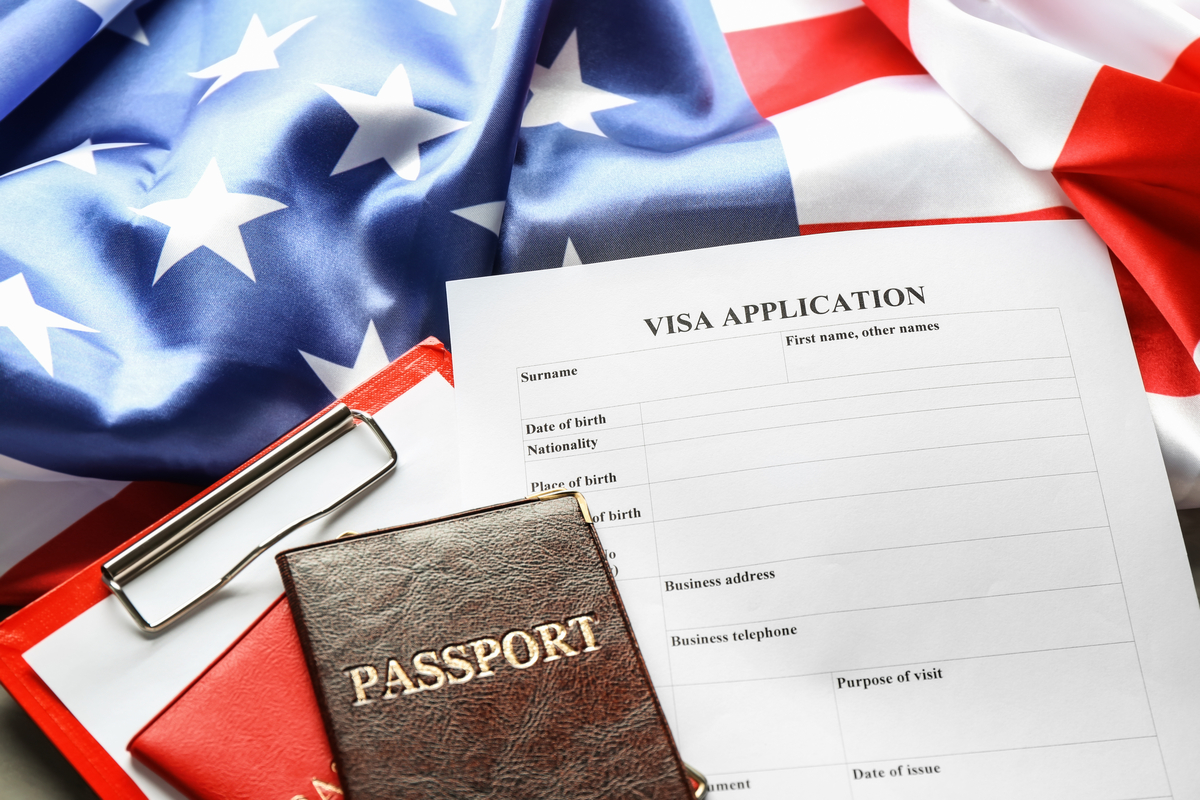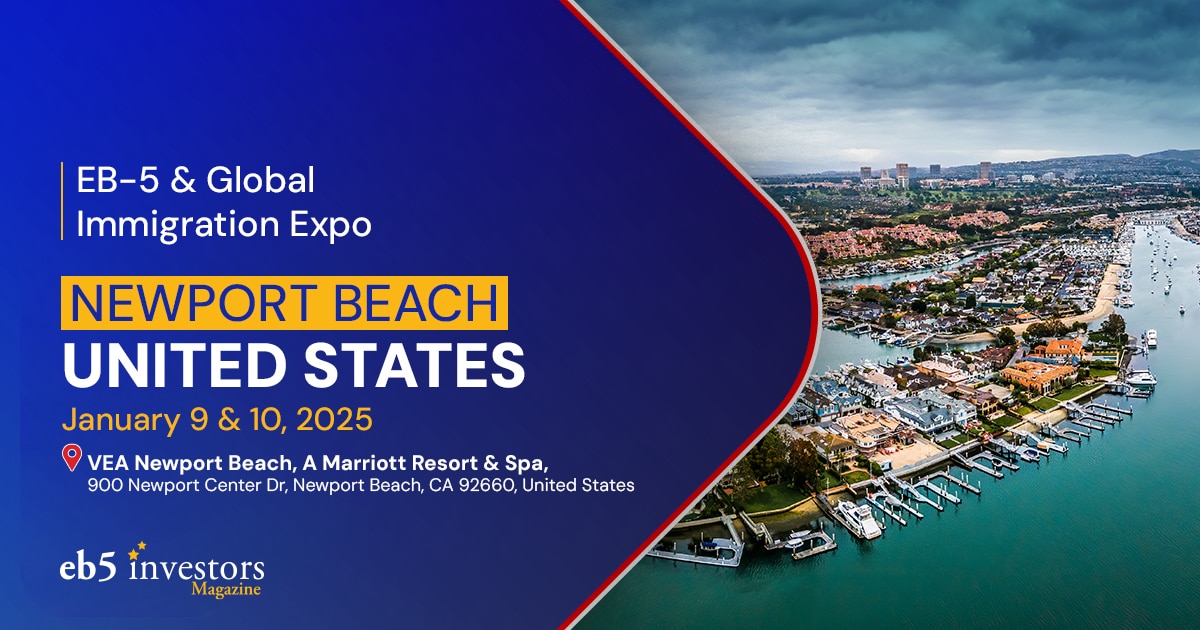 There are a number of visa options available for foreign nationals who wish to come to the United States for a short stay, for an extended duration, or for permanent residence.
There are a number of visa options available for foreign nationals who wish to come to the United States for a short stay, for an extended duration, or for permanent residence.
Visas can be broken down into two general categories: (1) temporary visas, which allow foreign nationals who meet certain criteria to enter the United States for a specific purpose, and (2) permanent residency visas, which allow foreign nationals to enter the United States and remain there indefinitely or permanently. There are several types of visas within each general category. The information below offers a basic description and summary of requirements of some of the more commonly-known temporary and permanent residency visas.
Temporary Visas
H-1B Specialty Occupation Visas are available to foreign nationals who are professionals possessing either a bachelor’s degree or its work experience equivalent and have secured employment in the United States. A holder of this visa must demonstrate that their U.S. employer will pay them the prevailing pay for the position they have secured.
F-1 and M-1 Student Visas are available for students who are seeking to pursue a full course of study in the United States. A student visa covers the period of study undertaken by the student. In some cases, the visa can be extended to cover post-graduate training in their field of study.
B-1, B-2, and Visitor Visas are short-term visas and may be obtained by foreign nationals who wish to visit the United States for business or pleasure. The holder of this visa cannot work while in the country.
Permanent Residency Visas
A foreign national who holds a permanent residency visa (a.ka. a “green card”) may work and stay in the United States as a permanent resident. A green card holder may travel outside the United States as long as he or she maintains primary residence in the U.S.A. A green card holder normally may seek citizenship five years after receiving a permanent residency visa, unless he or she is married to a U.S. citizen.
Family Sponsored Immigration Visas may be petitioned by citizens of the United States on behalf of parents, spouses, children, and siblings. Spouses and children of permanent residents may also eligible for this visa.
EB-1 Visas may be obtained by foreign nationals who are outstanding professors, researchers, multinational executives, managers, or possess extraordinary ability.
EB-2 Visas are available to foreign nationals who possess advanced degrees or have exceptional ability in the sciences, arts or business. An applicant for this type of visa must have an employment offer from a United States employer who finalizes the labor certification process. If it is shown the individual’s entry is in the nation’s interest, the labor certification process, which requires the employer to demonstrate that the foreign national is not taking a job away from a citizen, can be waived.
EB-3 Visas are set aside for skilled workers or professionals. A foreign national must have a job offer in the United States, and their employer will be responsible for completing the labor certification process.
Ministers of religion and other religious workers are eligible for the EB-4 permanent residency visa.
The EB-5 Visa or investor/employment creation visa encourages job creation and investment. It is available to foreign nationals who invest financially in new commercial enterprises in the United States and create jobs for ten individuals. Up to 10,000 EB-5 visas may be granted each year. By law, at least 3,000 EB-5 visas must be awarded to foreign nationals who, in “targeted employment areas,” invest at least $500,000. The “targeted employment areas” are defined as areas experiencing a minimum of 150% of the national unemployment rate and rural areas. The EB-5 visa is also granted to foreign nationals if they invest $1,000,000 in non-targeted employment areas.
55,000 DV-1 Visas are awarded each year in a random drawing to individuals from nations underrepresented in the total immigrant pool. This process is also known as the “green card lottery.”
There are several other visas available in both the temporary and permanent residency categories, each with their own criteria and requirements. Please refer to the website below for more information.
DISCLAIMER: The views expressed in this article are solely the views of the author and do not necessarily represent the views of the publisher, its employees. or its affiliates. The information found on this website is intended to be general information; it is not legal or financial advice. Specific legal or financial advice can only be given by a licensed professional with full knowledge of all the facts and circumstances of your particular situation. You should seek consultation with legal, immigration, and financial experts prior to participating in the EB-5 program Posting a question on this website does not create an attorney-client relationship. All questions you post will be available to the public; do not include confidential information in your question.








